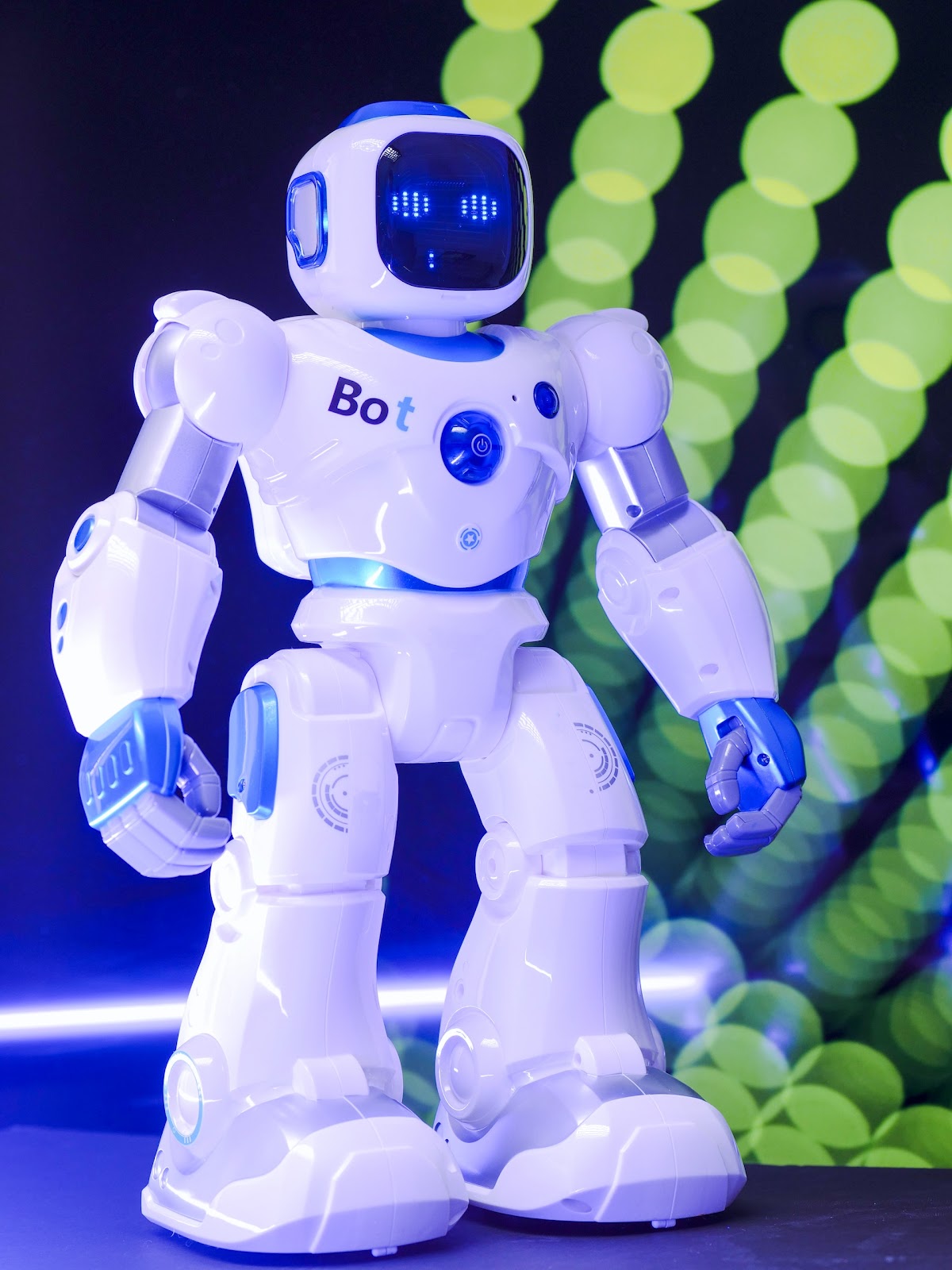THE FUTURE OF AI [ ARTIFICIAL INTELLIGENCE ]
Introduction:
Artificial Intelligence, or AI for short, is a topic that's been getting a lot of attention lately. It's changing the way we live and work, and it's also raising some important questions about the future. But what is AI, exactly? In this blog post, we'll explore the basics of AI and what it might mean for the future.
What is AI?
AI is a type of computer technology that is designed to perform tasks that would normally require human intelligence. This can include things like understanding language, recognizing images, and even making decisions. AI is made up of algorithms, which are like sets of instructions that tell the computer what to do. When the computer receives new data, it uses these algorithms to learn and make decisions based on that data.
AI is being used in all sorts of ways today. Some examples include:
* Virtual assistants like Siri and Alexa that can answer your questions and perform tasks for you.
* Self-driving cars that can navigate the roads and avoid obstacles on their own.
* Medical technologies that can help doctors diagnose diseases more accurately.
* Online shopping platforms that can suggest products you might like based on your browsing history.
What might the future of AI look like?
The possibilities for AI in the future are almost limitless. Some experts predict that AI could lead to major advancements in fields like medicine, transportation, and communication. It could also make certain tasks easier and more efficient, like cleaning your room or doing your homework. AI is also expected to have a significant impact on the job market. While AI has the potential to automate many tasks that are currently performed by humans, it could also create new job opportunities in areas such as data analysis and software development. However, it's important to note that AI is still in the early stages of development, and it's unclear what the long-term impact on the job market will be.
A few more points to consider when thinking about the future of AI :
1. AI and the environment: AI can help us better understand and address environmental challenges such as climate change and natural disasters. For example, AI can be used to analyze satellite data and predict weather patterns, or to develop more efficient energy systems.
2. AI and education: AI has the potential to transform the way we teach and learn, by providing personalized learning experiences and enabling more efficient and effective educational systems.
3. AI and creativity: While many people associate AI with automation and efficiency, it's also being used to enhance creativity and artistic expression. For example, AI-generated music and art is becoming more and more popular.
4. AI and society: As AI becomes more pervasive in our daily lives, we'll need to think about the social and cultural implications of this technology. For example, how will AI impact social interactions, employment, and privacy?
5. AI and ethics: It's crucial that we develop ethical guidelines and principles for the development and use of AI. This includes ensuring that AI is used in a way that's transparent, accountable, and aligned with our social values.
Despite the many benefits of AI, there are also concerns about its potential risks and ethical implications. For example, some people worry that AI could be used to create autonomous weapons or be misused to invade people's privacy. It's important to address these concerns and develop ethical guidelines for the development and use of AI.
AI is a complex and exciting topic that's shaping the world in all sorts of ways. Overall, the future of AI is exciting and full of possibilities. As AI technology continues to advance, we can expect to see new and innovative applications emerge, as well as new challenges and ethical considerations to navigate. It's up to us to make sure that AI is used in a responsible and ethical manner, and that its benefits are shared by all. Thanks for tuning in!







Comments
Post a Comment